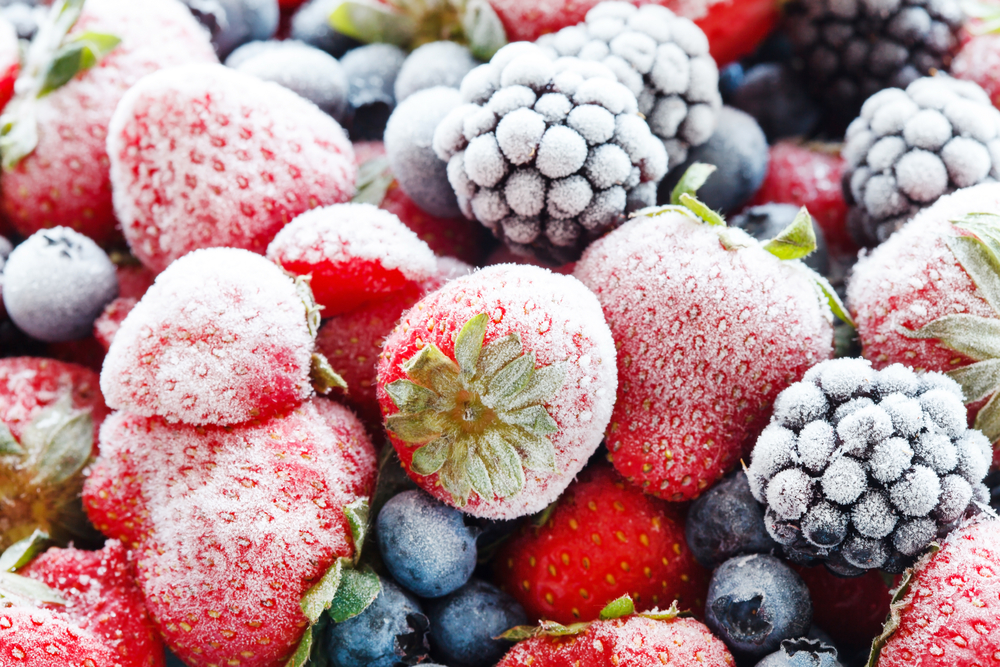What seems like a healthy shortcut poses health risks.
Others are reading now
Frozen berries may seem like a healthy shortcut, but experts say that convenience could come with a hidden risk.
Here’s what you need to know.
The Truth Behind the Frozen Fruit Hype
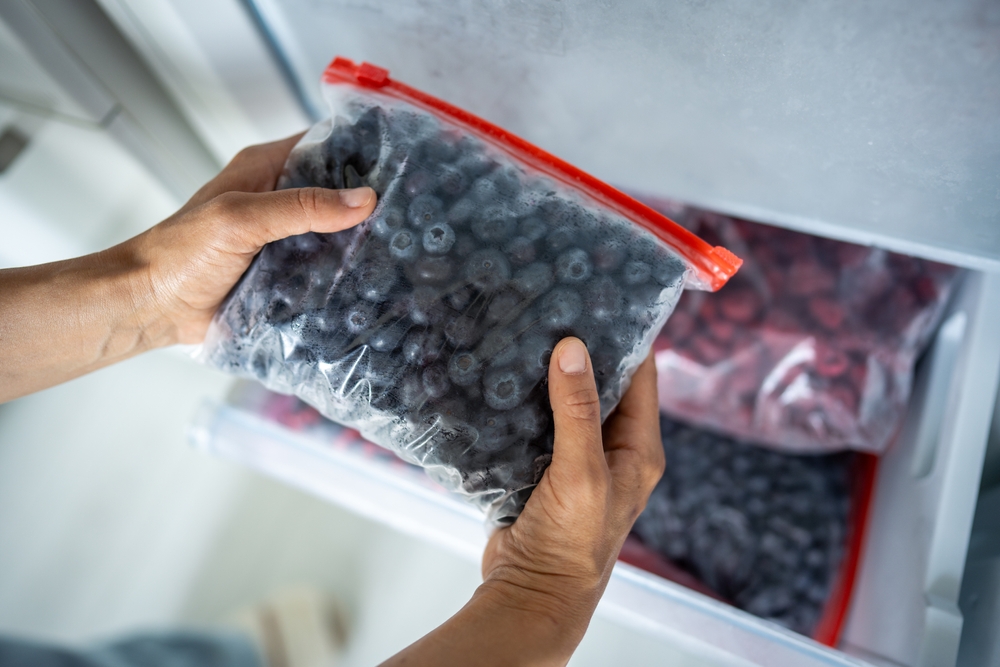
They’re in nearly every freezer. Frozen berries tossed into smoothies, breakfast bowls, and desserts. No prep, no mess, no spoilage.
But while frozen fruit seems like the perfect kitchen hack, food safety experts are now urging caution, especially when it comes to frozen berries.
Harmful Viruses and Bacteria
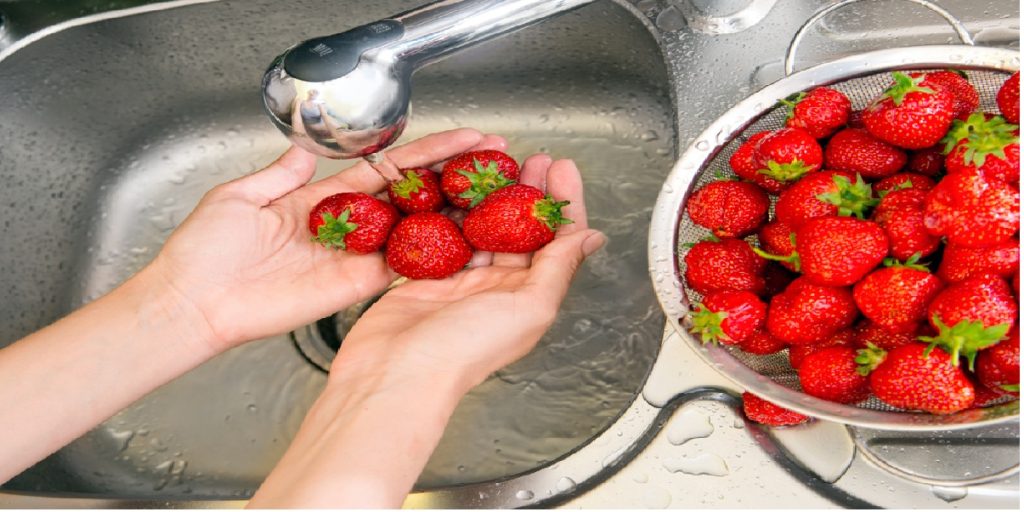
What many consumers don’t realize is that frozen fruit can carry harmful viruses and bacteria.
Also read
In some cases, they can make you seriously ill.
How Dangerous Can Frozen Fruit Be?

In one high-profile case in 2012, frozen strawberries served in commercial kitchens across Germany spread norovirus, causing a wave of violent stomach infections.
According to Freundin, hepatitis A viruses have also been detected in frozen fruit. Hepatitis A is a contagious liver infection that can lead to nausea, abdominal pain, and even jaundice.
Harmful Viruses Can Survive for Months in the Freezer

And the scary part is that you can’t always tell which products are affected, and frozen viruses don’t just go away.
“Once the fruit is frozen, harmful pathogens like norovirus or hepatitis can survive for months,” experts warn.
Also read
Why Berries Are a Bigger Risk
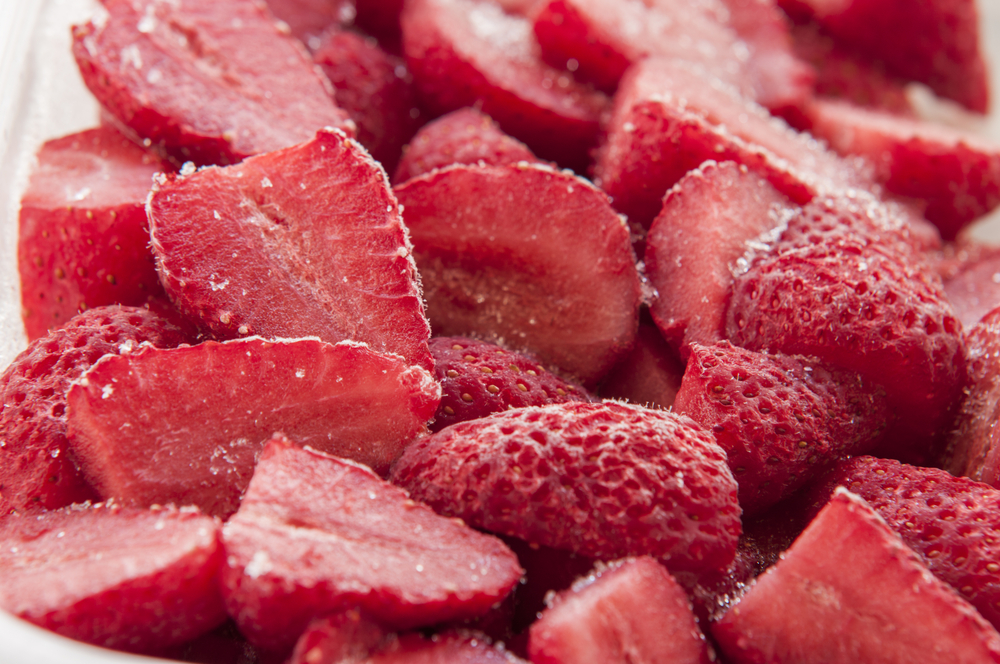
While all frozen fruit can carry risk, frozen strawberries and other berries are especially problematic.
That’s because the soft skin of berries makes them harder to wash thoroughly and they’re often frozen raw.
Contamination can occur during harvesting, through dirty irrigation water, or due to poor hygiene during processing and transport.
And unlike with fresh fruit, once frozen, any bacteria or viruses are essentially preserved until thawing.
What Can You Do to Stay Safe?
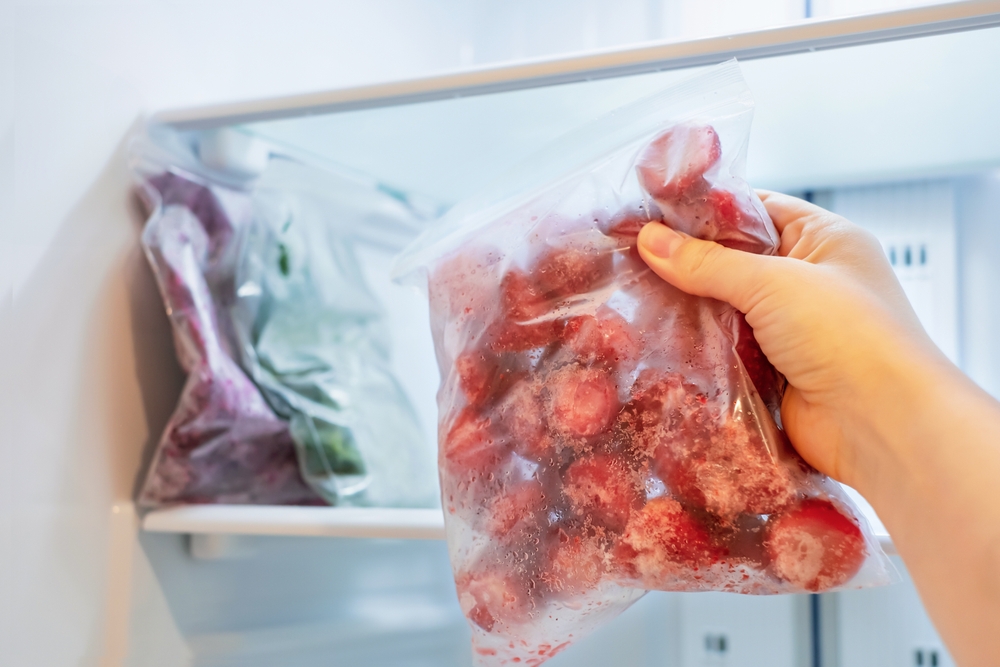
Experts recommend heating frozen fruit to at least 90°C for two minutes before eating.
Also read
That’s enough to kill most dangerous microbes. The downside is that heat also destroys some of the fruit’s vitamins, reducing its nutritional value.
Buy Fresh
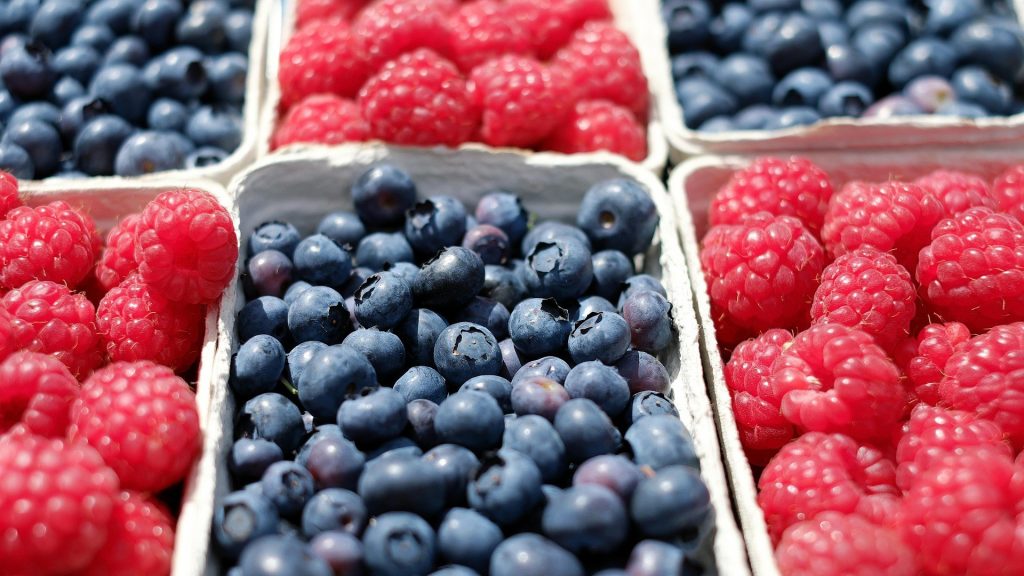
If you want to stay on the safe side without compromising nutrients, another option is to buy fresh fruit, wash it thoroughly, and freeze it yourself.
That way, you know exactly where it comes from and how it was handled.
What About Pesticides?
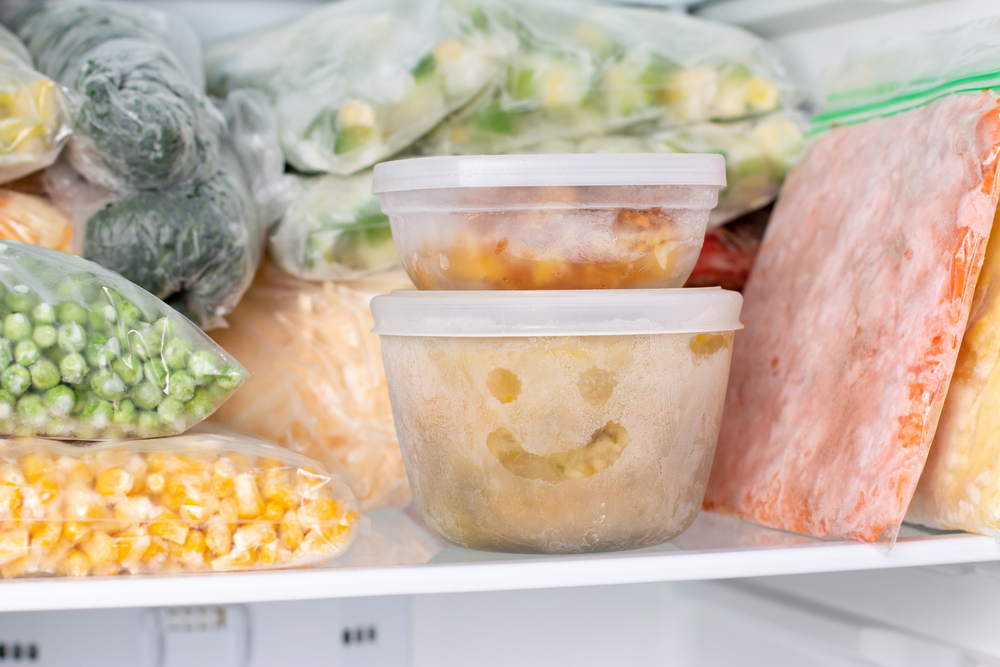
Just like fresh produce, frozen fruit can contain pesticide residues.
They’re usually below legal limits, but rinsing before eating is still a good idea, especially if you’re thawing fruit without cooking it.
Also read
Surprisingly, frozen vegetables don’t pose the same risks. Because they’re usually blanched (lightly cooked) before freezing, most harmful pathogens are already eliminated — and they retain their nutrients well even after heating.
Bottom Line
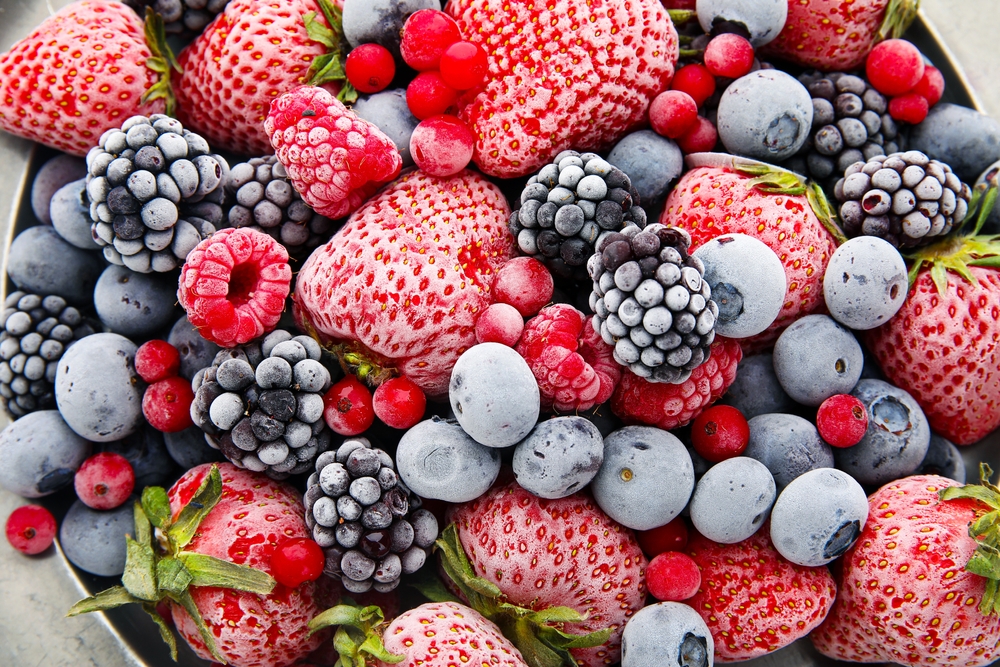
Frozen fruit isn’t off the menu but it’s not risk-free either.
If you’re tossing frozen berries into your smoothie without a second thought, you might want to rethink your routine.
Heating or careful sourcing could spare you more than just an upset stomach.

